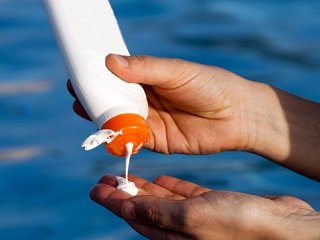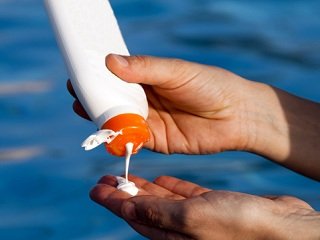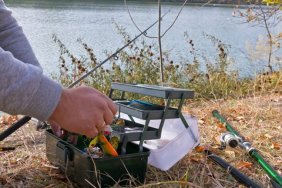 Ever find yourself shopping for fishing gear at your local retailer and walking right by the scents without even giving them a second glance? Don’t be shy; most of us don’t want to get involved with weeding through the different scents to find one or two that work best. However, scent—and not just the added scents you can apply to your baits—play a large role in fishing. Keep reading to learn how.
Ever find yourself shopping for fishing gear at your local retailer and walking right by the scents without even giving them a second glance? Don’t be shy; most of us don’t want to get involved with weeding through the different scents to find one or two that work best. However, scent—and not just the added scents you can apply to your baits—play a large role in fishing. Keep reading to learn how.
When it comes to active scents, known as attractants, anglers employ their usefulness a variety of ways. These attractants are available in gel or spray forms and can be applied directly to your lures. However, certain scents—such as chicken liver—have grown to be preferred by fish and thus, anglers, which has caused fishermen to go as far as hanging livers from the side of their boats in mesh bags. Berkley, Yum, and Bass Assassin offer such products in a variety of scents, including crawfish, garlic, roe, and more.
Scents can also have an adverse effect on your results on the water. Our skin emits enzymes that can rub off on the lures and bait we touch while fishing and cause fish to steer clear of our lures. Added scents, such as suntan lotion or hand sanitizer only make this worse. While these products protect us from the sun or from infection, they also decrease our odds of catching fish. If possible, try to designate one person to handle the bait or lures, and if you need to clean your hands, do so by rinsing them in the lake.
When using live bait, be sure to never keep the bait in the same buckets or containers used in the cleaning of the boat. If the bait comes into contact with any foreign substances, such as chemicals, cleaners, and treated water, they’ll pick up the odors and be more prone to frighten off fish. Also, if you use a lot of chemicals—soap or bleach—when cleaning the boat, it can find its way to the lake through the bilge pump, which leaves a slick on the water’s surface that doesn’t help.
I know it seems like I’m nitpicking here, but the effect of scents on quarry isn’t farfetched. I mean, ask any hunter about scents and attractants and they’ll attest to their importance, as well. Fish have an amazing sense of smell, so you owe it to yourself to take advantage of that by incorporating useful scents and eliminating offensive or foreign ones from coming into contact with your lures.








